

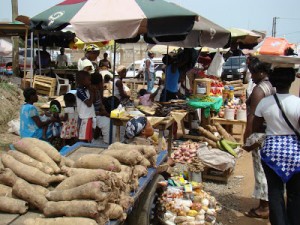 The rate of inflation slowed to 18.4 per cent year-on-year in May compared with 21.2 per cent in April 2025, marking the lowest rate since February, the Ghana Statistical Service said on Wednesday.
The rate of inflation slowed to 18.4 per cent year-on-year in May compared with 21.2 per cent in April 2025, marking the lowest rate since February, the Ghana Statistical Service said on Wednesday.
This is the fifth straight year-on-year decline in inflation, a clear signal that price stability is returning to our economy.
Dr. Alhassan Iddrisu, the Government Statistician said the monthly inflation stood at 0.7 per cent, slightly down from 0.8 per cent in April, indicating short-term price stability.
He said the core inflation eased to 18.5 per cent, signaling moderation in underlying inflationary pressures.
The Government Statistician said the food inflation fell to 22.8 per cent; non-food inflation declined sharply to 14.4 per cent, while goods inflation remained higher (20. Per cent) than Services inflation (14.3 per cent), adding that Goods contributed 79 per cent to overall inflation.
He said non-durable goods drove Ghana’s inflation, contributing 10.1 percentage points to headline inflation of 18.4 per cent.
He said services inflation in Ghana recorded a modest 0.7 per cent rise in May 2025, contributing 0.19 percentage points to the headline rate.
Locally produced goods inflation dropped more than imported items (down by 3.5 and 1.3 percentage points respectively).
He said top inflation contributors include yam, smoked herring, fish, vegetable oil, and ginger, mostly food items.
Upper West recorded the highest inflation (38.1 per cent) with high food, education, and utilities inflation, meanwhile Ahafo Region posted the lowest at 14.5 per cent with 15 out of 16 regions recorded Year-on-Year declines.
He said the overall trend showed sustained disinflation, possibly influenced by strengthened cedi; tighter monetary policy; fiscal consolidation and positive market sentiments.
The Government Statistician said the Service remained cautiously optimistic that the trajectory would continue, offering relief to households and creating a more stable environment for businesses and investors.
He said with food inflation contributing almost 2/3 of the total inflation, households should adopt bulk purchasing, shared food buying, and consider local, in-season produce to reduce food costs.
He said households could also limit discretionary spending on items like restaurants (18.5 per cent inflation) and recreation.
“Given 20.1 per cent inflation in health, households should prioritise preventive care and take advantage of NHIS benefits to avoid high out-of-pocket expenses,” he added.
For businesses, he said, since local inflation was easing faster than imported inflation businesses could reduce cost pressures by sourcing locally and with high inflation in food and imported goods, businesses should strengthen local sourcing and reduce reliance on volatile inputs.
Dr Iddrisu said with disinflation underway, avoid sharp price hikes and build customer trust through transparent pricing and tailor distribution and pricing strategies to reflect regional inflation differences particularly in the north.
He said the government should continue to support macroeconomic policies that keep the cedi stable, reinforcing the disinflation trend.
He urged the government to implement targeted interventions in food logistics, utilities, and education access in high inflation regions such as the Upper West, which was still recording inflation above 38 per cent.
“Invest in post-harvest storage, transport infrastructure, and irrigation to stabilize food prices further and continue to protect vulnerable groups through expansion of targeted social protection in high-inflation regions and sectors, especially where food and education costs are rising,” he added.He said the government must promote local production by supporting SMEs and agribusinesses to strengthen domestic supply chains and align monetary and fiscal policies through collaboration with the Bank of Ghana to monitor inflation drivers and evaluate the need for cautious monetary tightening if pressures persist.
Source: GNA
The post Rate of Ghana inflation slows to 18.4% in May, lowest since February 2022 appeared first on Ghana Business News.
Read Full Story

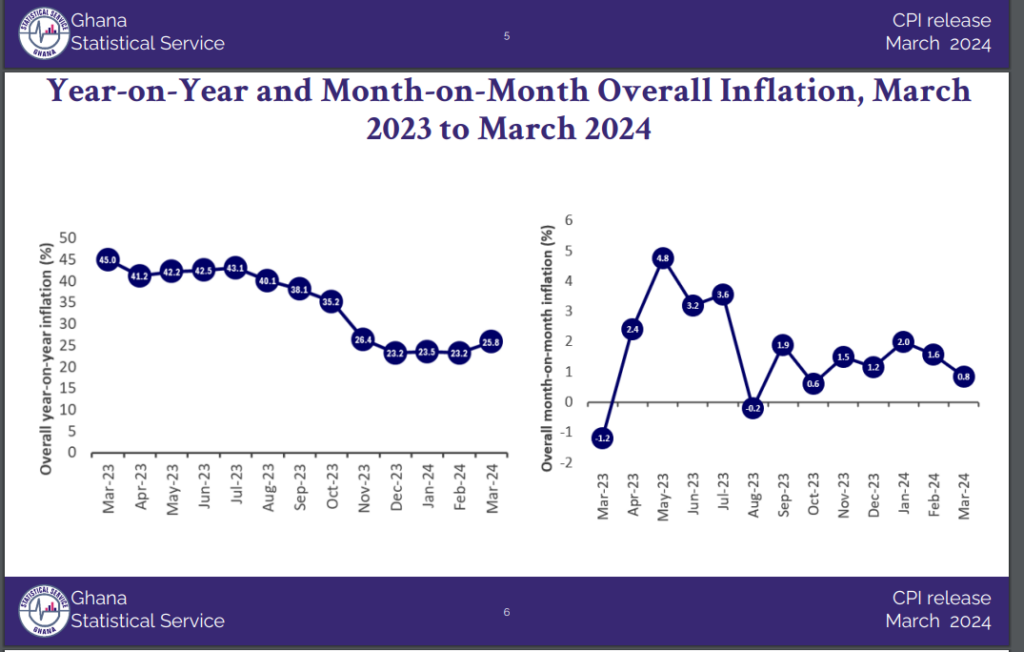






![Dormaahene hails Mahama, vows to carry him at his back if cedi hits GH?8 to $1 [Video]](https://sportal365images.com/process/smp-images-production/pulse.com.gh/01062025/e9150a95-eb04-4066-bf2d-fef977524ffe.png)

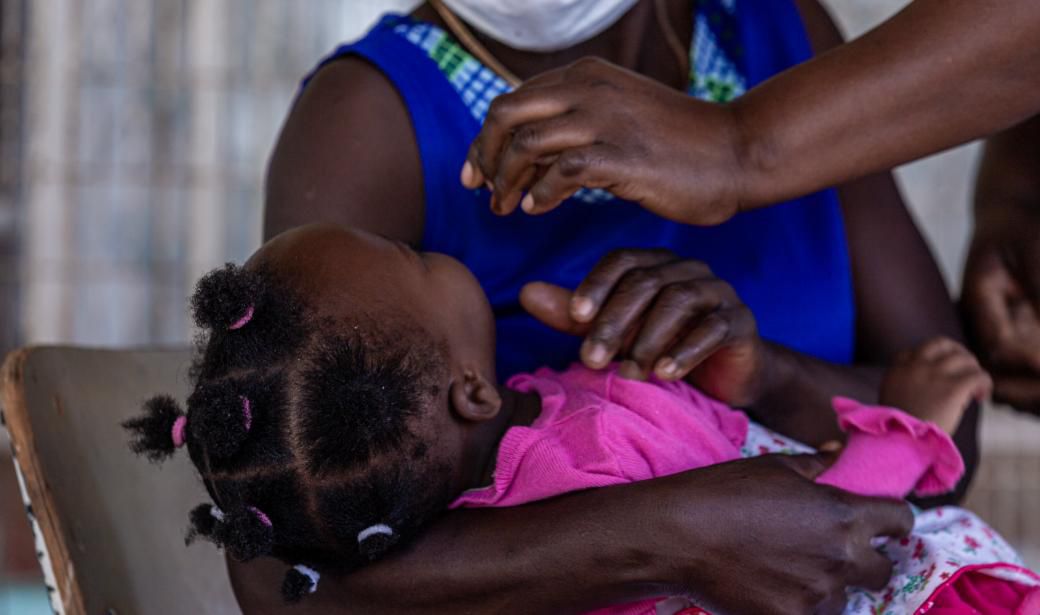
![Hajia4Reall makes a bold comeback with new music after U.S prison sentence [Video]](https://sportal365images.com/process/smp-images-production/pulse.com.gh/01062025/88287b98-5b5d-4e81-b3b1-c4adb7b6ee54.png)

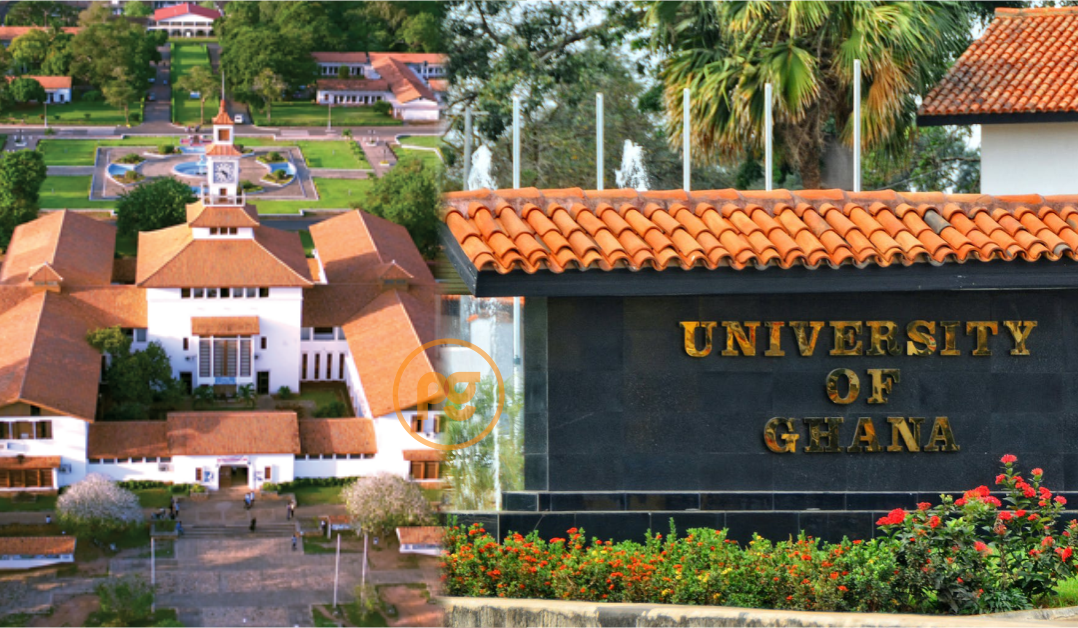

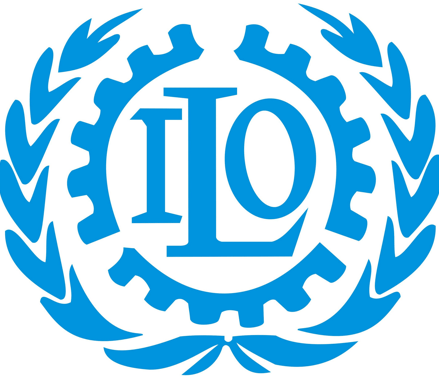







Facebook
Twitter
Pinterest
Instagram
Google+
YouTube
LinkedIn
RSS